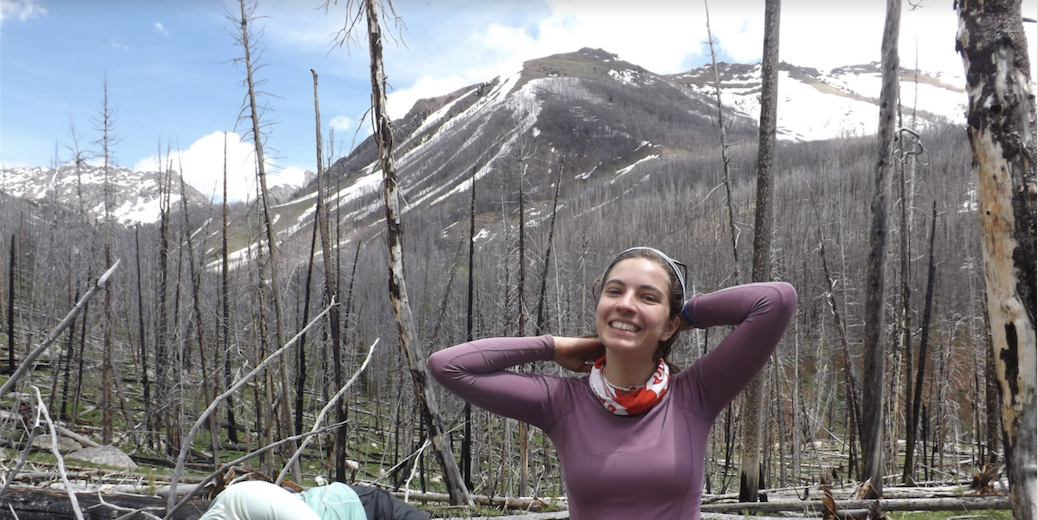The salamanders at the end of the world
In the heart of Austin, Texas, lies a salamander sanctuary that exists as a backup, in case the wild population were to be wiped out — but is it enough to save the species? Keep reading

Hello! I am a rising junior at Dartmouth College, studying Ecology, Earth Sciences and Creative Writing. I was born and raised in Austin, Texas, but my most formative ecological experiences come from my bi-annual visits to my grandmother's house and garden in rural Ontario. My grandmother taught me from a young age to care for plants almost as much as I care for myself; to listen to each one like you'd listen to a human. With her guidance, I started a garden of my own in Texas, and aim to spend my career studying plants. My gardening practice inspired me to learn more about the environment -- particularly, how vital plants are to the climate and to our well-being. Plants, after all, produce the air we breathe. In 2020, it has become increasingly evident that people's right to breathe freely is unequally distributed among Americans, and across the world. Climate change only exacerbates these inequalities. This is one of the many reasons why we must care about the environment -- because the freedom to breathe clean, cool, air shouldn't be limited to a lucky few.
In the heart of Austin, Texas, lies a salamander sanctuary that exists as a backup, in case the wild population were to be wiped out — but is it enough to save the species? Keep reading